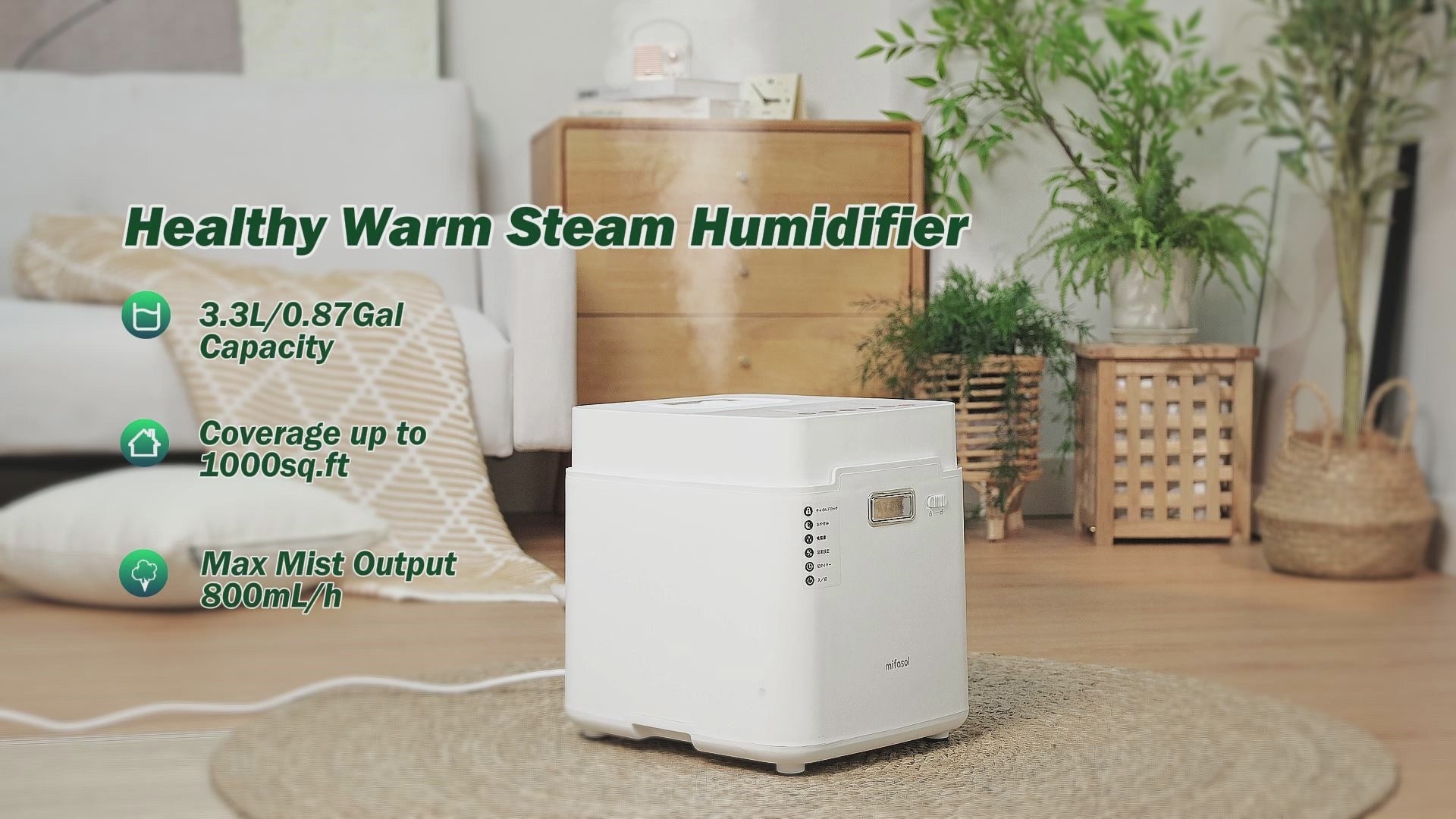Best Humidifiers for Fall Allergies and Sinus Relief
Fall is a beautiful season, but for many people, it brings itchy eyes, sneezing, and stubborn sinus congestion. Seasonal allergens like ragweed pollen, combined with dry autumn air, can make symptoms even worse. That’s where a humidifier for allergies comes in. By restoring moisture to the air, humidifiers can ease breathing, reduce sinus irritation, and create a healthier environment indoors.
In this post, we’ll cover the benefits of using a humidifier for sinus relief in the fall and highlight the best humidifier options for your home.
How Humidifiers Help with Fall Allergies
-
Moisturize Dry Air
As temperatures drop, heating systems dry out indoor air. Dryness irritates your nasal passages and makes allergens more difficult to flush out. A humidifier for fall allergy relief keeps air moisture levels between 40%–60%, which is ideal for sinus comfort. -
Reduce Sinus Congestion
Moist air thins mucus and soothes inflamed sinuses, making it easier to breathe. Using a humidifier for sinus problems can help reduce nighttime coughing and congestion. -
Limit Irritation from Allergens
Humidifiers help reduce static in the air, which can keep dust, pollen, and pet dander from floating around as easily. This provides some relief for allergy sufferers.
Best Types of Humidifiers for Allergy and Sinus Relief
-
Cool Mist Humidifiers
Great for year-round use, especially during fall allergy season. They add refreshing moisture without warming the air. -
Warm Mist Humidifiers
Ideal for sinus relief when you have congestion or a cold. The warm vapor can soothe irritated nasal passages. -
Whole House Humidifiers
If you experience allergies throughout your home, a whole house humidifier ensures every room maintains comfortable humidity levels. -
Ultrasonic Humidifiers
These quiet, energy-efficient models are perfect for bedrooms, helping you sleep better when allergies hit hardest at night.
Tips for Using a Humidifier During Fall Allergy Season
-
Keep Humidity Balanced: Aim for 40–60%. Too much moisture can promote mold growth, which may trigger allergies.
-
Use Distilled or Filtered Water: Prevents mineral buildup and keeps mist clean.
-
Clean Regularly: Wash your humidifier weekly to avoid bacteria and mold.
-
Place Strategically: Keep a bedroom humidifier near your bed to ease breathing at night.
Related Resources
-
5 Benefits of Using a Humidifier: From Better Sleep to Healthier Skin
-
Where Should You Place Your Humidifier? Best Locations for Maximum Benefits
Conclusion
If you struggle with sneezing, congestion, or sinus pain during the fall, adding a humidifier for allergies to your home can make a big difference. Whether you choose a cool mist, warm mist, or ultrasonic model, maintaining the right humidity will ease breathing, soothe irritated sinuses, and make fall more enjoyable.
Ready to find the right fit? Explore our collection of Bedroom Humidifiers and Whole House Humidifiers designed to bring you relief this season.




































